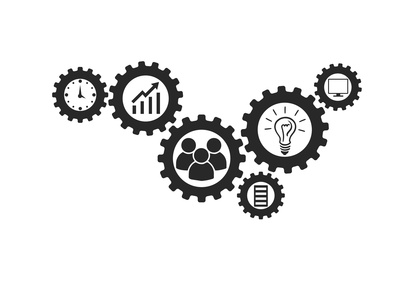Just this last week there were several articles in the news about the value of measurement and analytics. These are just a few of the stories published recently:
Forbes: Data Science is the Key to Marketing ROI.
This year alone, the U.S. is projected to absorb a shortfall of 190,000 data scientists — and that’s not even counting the 1.5 million more analysts and leaders needed to make use of the information big data supplies.
IT World: Is Analytics Adding Business Value?
Data analytics is receiving vast amounts of attention in the trade press, on many websites and at conferences. References are even spilling into the mainstream media.
Forbes: the ROI of a Great Story
The business world is (rightly) enamored by analytics, set on using their predictive value to construct a strategy, increase profitability and bolster bottom-line growth.
Take a look at the marketing and PR jobs posted on sites like Indeed, Glass Door or even LinkedIn, and you’ll find these words cropping up in a large percentage of the ads.
- Collaborate with in-house data scientists and research analysts to identify interesting stories.
- Develop, research, and write data-oriented stories, reports and infographics.
- Deliver measurement and reporting of results and optimization plans and communicate this to a cross-functional team.
- Emphasis on client onboarding, paid marketing strategy, campaign management, analytics, and reporting.
- Track, measure, and report on results of PR and social media campaigns.
Why do employers value data, analytics, and measurement so highly?
A Competitive Edge
McKinsey reports that the amount of data available is increasing rapidly, with new information coming in daily from billions of phones, sensors, payment systems, and cameras. However, organizations are having a hard time converting this data into value. Those that make the most progress quickly will gain a strong competitive edge, while those that lag behind may become unimportant.
Analytics Provide Insights that Can Lead to Opportunities
Business leaders know this is possible and CEOs all over the world are asking questions about how analytics can help them plan and develop future strategies that will lead to expansion. Right now there is a shortage of analysts with the skills to deliver these insights, so it’s a very hot skill.
Informed Decision Making Instead of Trial and Error
The CMO survey of 2018 shows that reliance on marketing analytics to make decisions has increased from 30% to 42% in the past 5 years, with B2C companies using analytics 55% of the time. The survey also reports that the use of quantitative tools to demonstrate the impact of marketing spend has increased 28% over the last five years. This is good news for savvy marketers and PR practitioners who learn these skills – it could lead to a seat at the boardroom table.
